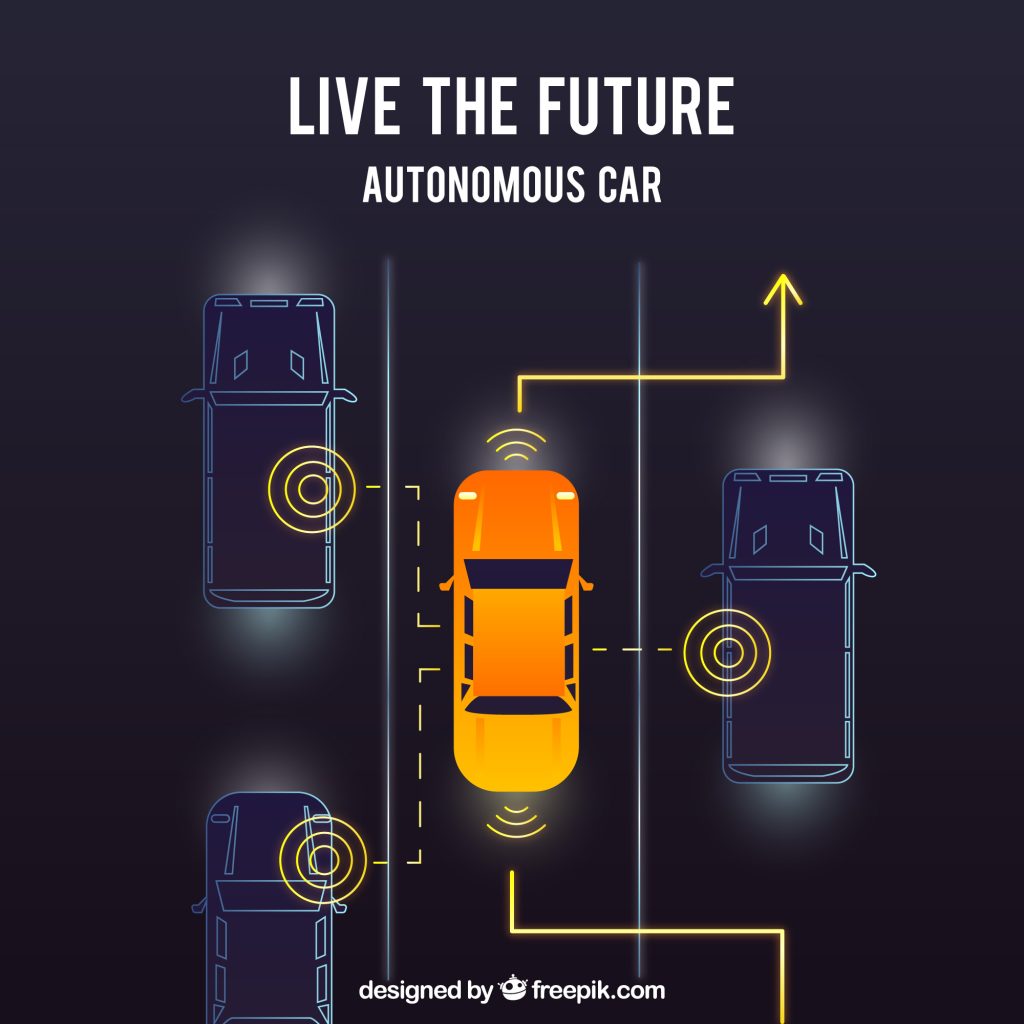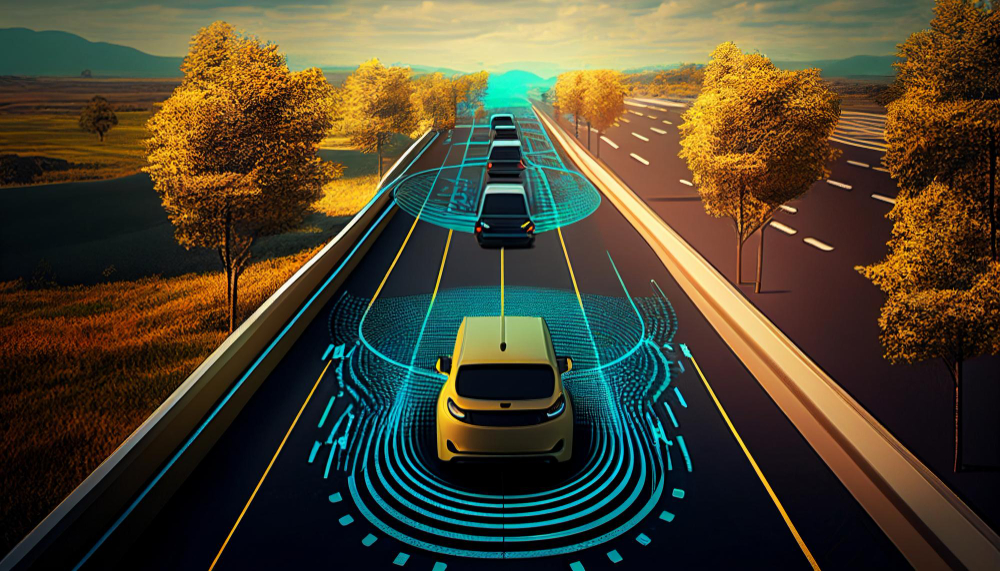Self-Driving Cars: Revolutionizing Transportation in California and Beyond
The concept of self-driving cars, once confined to the realm of science fiction, has rapidly evolved into a tangible reality, capturing the imagination of the public and driving innovation in the automotive industry. California, in particular, has emerged as a hotbed for self-driving car development, with numerous companies testing their autonomous vehicles on the state’s public roads.
California’s Embrace of Self-Driving Cars
California’s favorable regulatory environment and extensive network of highways have made it an attractive testing ground for self-driving cars. The state’s Department of Motor Vehicles (DMV) has streamlined the process for obtaining permits to test autonomous vehicles, and it has also established clear guidelines for their operation. This supportive policy framework has attracted a surge of self-driving car companies to California, with over 50 companies currently testing their vehicles on public roads.
Self-Driving Cars in India: Overcoming Infrastructure, Regulatory, and Public Perception Hurdles
Self-driving cars have captured the imagination of the public worldwide, promising a future of transportation that is safer, more efficient, and more convenient. However, translating this vision into reality poses significant challenges, particularly in a country like India with its unique infrastructure and traffic conditions.
Infrastructure Challenges
India’s infrastructure presents a major hurdle for self-driving cars. The country’s roads are often narrow, poorly maintained, and lacking lane markings, making it difficult for autonomous vehicles to navigate safely and reliably. Additionally, the unpredictable nature of Indian traffic, characterized by frequent lane changes, sudden braking, and jaywalking, further complicates the task of self-driving cars.
Regulatory Framework
India’s regulatory framework for self-driving cars is still in its early stages of development. There is a lack of clear guidelines and safety standards governing the testing and deployment of autonomous vehicles, creating uncertainty for companies and hindering the progress of self-driving car development in India.
Public Perception
Public acceptance of self-driving cars is crucial for their widespread adoption. While the concept of autonomous vehicles generates excitement, there are also concerns about safety, security, and job displacement. Addressing these concerns and building public trust will be essential to overcome this challenge.
Specific Challenges in India
- Weather Conditions: India’s diverse weather conditions, ranging from extreme heat to heavy monsoons, can significantly impact the sensors and perception systems of self-driving cars, making it difficult for them to operate reliably in all weather conditions.
- Driving Culture: The driving culture in India is characterized by aggressive driving, frequent honking, and a disregard for traffic rules. Self-driving cars will need to adapt to these unique driving behaviors to ensure safe operation.
- Cost of Technology: The technology required for self-driving cars is still expensive, making it challenging for manufacturers to develop and deploy affordable autonomous vehicles in India.
Addressing the Challenges
Overcoming these challenges will require a concerted effort from various stakeholders, including the government, automotive industry, and research institutions.
- Infrastructure Improvements: Investing in infrastructure upgrades, such as improving road conditions, implementing lane markings, and installing smart traffic systems, will create a more conducive environment for self-driving cars.
- Robust Regulatory Framework: Developing clear and comprehensive regulations for the testing, deployment, and operation of self-driving cars will provide the necessary framework for safe and responsible adoption.
- Public Awareness and Education: Public awareness campaigns and educational programs can help address concerns about safety, security, and job displacement, fostering trust and acceptance of self-driving cars.
- Technological Advancements: Continued research and development in self-driving car technology, particularly in areas like sensor fusion, artificial intelligence, and machine learning, will improve the performance, reliability, and adaptability of autonomous vehicles.
- Collaboration and Partnerships: Collaboration among government agencies, automotive companies, technology providers, and research institutions will foster innovation and accelerate the development of self-driving cars tailored to India’s unique conditions.
The successful implementation of self-driving cars in India will require a holistic approach that addresses the infrastructure, regulatory, public perception, and technological challenges. By overcoming these hurdles, India can position itself as a leader in the development and adoption of this transformative technology, paving the way for a safer, more efficient, and more sustainable transportation future.
India: A Fertile Ground for Self-Driving Car Innovation and Profitability

self-driving cars in India will be a massive opportunity for automobile automation companies around the world. The Indian automotive market is one of the largest and fastest-growing in the world, and the adoption of self-driving cars could revolutionize the industry.
Here are some of the reasons why self-driving cars in India will be a boon for automobile automation companies:
- Large market: India has a population of over 1.3 billion people, and the middle class is growing rapidly. This means that there is a large potential market for self-driving cars in India.
- Rapidly growing automotive market: The Indian automotive market is growing at a rate of over 10% per year. This is due to a number of factors, including rising incomes, urbanization, and a growing preference for personal transportation.
- Favorable government policies: The Indian government is supportive of the development of self-driving cars. The government has launched a number of initiatives to promote the development of autonomous vehicles, including the National Mission on Electric Mobility and the Faster Adoption and Manufacturing of Hybrid and Electric Vehicles (FAME) India scheme.
- Low cost of labor: India has a large pool of skilled engineers and technicians, and the cost of labor is relatively low. This makes India an attractive location for automobile automation companies to set up manufacturing plants.
Lets Discuss on few business models for startups to ideate !
As self-driving cars continue to evolve from concept to reality, they present a wealth of opportunities for startup companies to enter and thrive in this rapidly expanding market. Here are a few promising business models that startup companies can explore to capitalize on the burgeoning demand for self-driving car technology and services in India:
- Self-Driving Car Development and Manufacturing: Startups with expertise in artificial intelligence, machine learning, robotics, and sensor technology can focus on developing and manufacturing autonomous vehicles tailored to India’s unique road conditions and driving patterns. This involves creating sophisticated algorithms that enable self-driving cars to perceive, navigate, and react to their surroundings safely and efficiently.
- Self-Driving Car Software Development: Startups with expertise in software development can specialize in creating the software that powers self-driving cars. This includes developing software for sensor fusion, path planning, decision-making, and vehicle control. These software solutions will be crucial for enabling self-driving cars to operate autonomously and make intelligent decisions in real-time.
- Self-Driving Car Infrastructure and Mapping: Startups can focus on developing and providing the infrastructure and mapping required for self-driving cars to operate effectively. This includes creating high-definition maps of Indian roads, installing sensors and communication systems to enable vehicles to communicate with each other and with infrastructure, and developing software for managing and updating maps in real-time.
- Self-Driving Car Testing and Certification Services: Startups can provide testing and certification services for self-driving cars to ensure that they meet safety and regulatory standards. This involves developing test protocols, conducting rigorous simulations and real-world testing, and issuing certifications that attest to the safety and reliability of autonomous vehicles.
- Self-Driving Car Data Management and Analytics: Startups can provide data management and analytics services for self-driving cars. This involves collecting, storing, and analyzing data generated by autonomous vehicles, such as sensor data, driving behavior data, and traffic patterns. This data can be used to improve the performance of self-driving cars, optimize routing, and develop new applications and services.
- Self-Driving Car Fleet Management and Operation: Startups can operate fleets of self-driving cars for various purposes, such as providing ride-hailing services, transporting goods, or delivering food and packages. This involves managing and maintaining the fleet of autonomous vehicles, ensuring their compliance with regulations, and providing customer service to users.
- Self-Driving Car Cybersecurity Solutions: Startups can focus on developing cybersecurity solutions to protect self-driving cars from cyberattacks. This involves identifying and mitigating potential vulnerabilities in the software and hardware of autonomous vehicles, implementing robust cybersecurity protocols, and providing ongoing monitoring and protection services.
- Self-Driving Car Insurance and Risk Management: Startups can provide insurance and risk management solutions for self-driving cars. This involves developing insurance policies that cover autonomous vehicles and their passengers, assessing and managing the risks associated with self-driving cars, and providing data-driven solutions to improve safety and reduce accidents.
- Self-Driving Car Maintenance and Repair Services: Startups can provide specialized maintenance and repair services for self-driving cars. This includes developing diagnostic tools and software tailored to autonomous vehicles, providing preventive maintenance services, and offering prompt and reliable repairs for any malfunctions or damage.
- Self-Driving Car Training and Education Services: Startups can provide training and education services to prepare individuals for careers in the self-driving car industry. This includes developing training programs for engineers, technicians, software developers, and other professionals involved in the development, operation, and maintenance of autonomous vehicles.
As the world embarks on a journey towards a future of autonomous mobility, India stands at the forefront of this transformative revolution. The country’s vast automotive market, coupled with its growing technological prowess and supportive government policies, presents a fertile ground for the development and adoption of self-driving cars.

Startup companies, with their agility, innovation, and entrepreneurial spirit, are poised to play a pivotal role in shaping this future. By exploring the diverse business models outlined above, these startups can not only tap into the immense potential of the self-driving car market but also contribute significantly to India’s economic growth and technological advancement.
Imagine a future where navigating the bustling streets of India is as effortless as pressing a button, where accidents become a distant memory, and where transportation is seamlessly integrated into the fabric of daily life. This future is not just a distant dream but a tangible reality that lies within the grasp of India’s innovative minds and entrepreneurial spirit. As self-driving cars continue to evolve, India is poised to lead the way, showcasing to the world the transformative power of technology and innovation.
Tech Trailblazers
Stay Updated with our mind blowing Technology Insights & News : Deepfakes: Navigating the Fine Line Between Marvel and Manipulation

